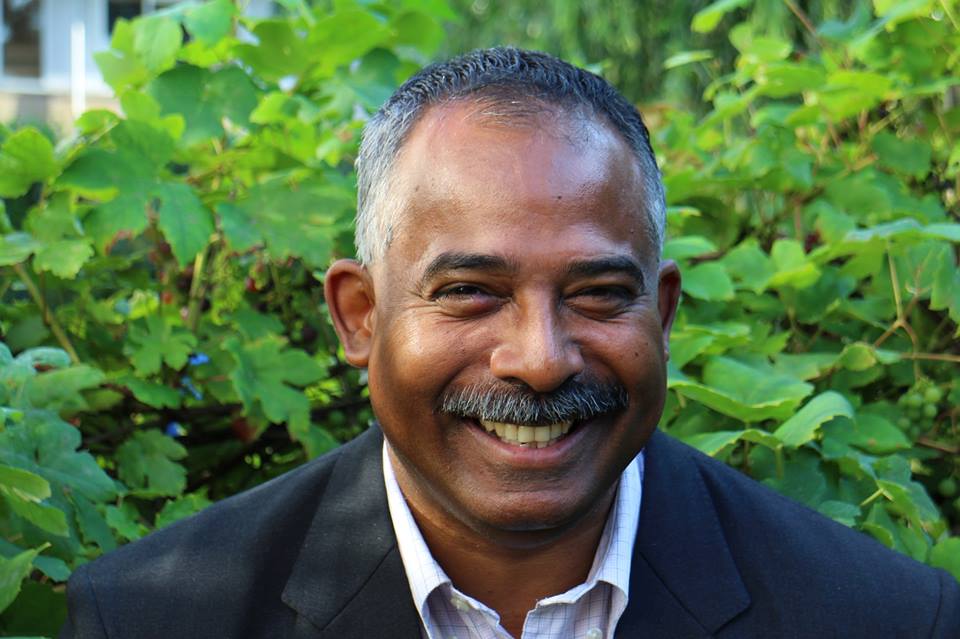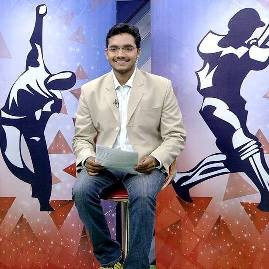India created chances but failed to convert those, states Siegfried Aikman after Sultan Azlan Shah Cup final
Japan’s hockey coach Siegfried Aikman is of the opinion that India managed to create chances in the Sultan Azlan Shah Cup final against Korea but failed to convert them. After the game had ended in a 1-1 draw in regulation time, Korea defeated India in the shoot-out to win the title.

After remaining unbeaten in the league stage of the recently-concluded Sultan Azlan Shah Cup, India went down fighting against Korea in the final in the penalty shoot-out. India had taken the lead in as early as the ninth minute through Simranjeet Singh and had created a lot of chances following that in the rest three quarters as well. However, the Korean unit came with a more attacking unit in the fourth quarter to earn a penalty stroke because of a foul committed by Amit Rohidas inside the circle that led to Korea's equaliser.
Even after the goal by the Koreans, India had a couple of opportunities that went down begging in the final quarter, eventually pushing the game to be decided in the shoot-out. Speaking about India’s loss against Korea, Japan's coach Aikman has said in an exclusive interview that India had a great tournament in Ipoh, Malaysia but with a disappointing finish. He also said that the Indians had earlier got an idea about Korea’s plans in the league stage as well when they played a 1-1 draw with Korea scoring in the last moment to end the game in a stalemate.
“I am not in the position to judge or assess India so I will only give you my opinion, Aikman told SportsCafe. India played a great tournament with a disappointing finish. They had already received a warning from Korea in the group match which had a similar story. India created chances but couldn’t convert them,” he said to Sportscafe.
Talking about the team that India had during the tournament, the Japan coach said, “Players played with their heart and even in the final they were the most dangerous team. They are not successful when the matches leave the group phase as you could see in the latest tournaments. Looking at the team mix India had an experienced team with the most experienced players in defence than the midfield and some less experienced in the attack. The team dominated most of their matches but couldn’t do this in the final. The Koreans let the Indian team make the play and they counter-attacked very well and had their defence very well structured. They have an old and experienced team. In the end, we can say that their strategy worked best.”
India went into the 28th edition of the prestigious tournament in Malaysia without a chief coach as the post remained vacant after the removal of Harendra Singh following India’s exit from the World Cup last December. Aikman, who is satisfied with the team’s performance after the tournament, also spoke about the Indian side playing without a chief coach during the six-nation tournament.
“Difficult question but when the teams are so close then strategy matters more. They had hockey knowledge but when it comes to finals, players need some more structure and they will look for that at the coach. I believe that the staff did a good job but as I said before, players will follow a coach from who they are sure that he has all the hockey qualifications. It’s not a guarantee for success but it might help,” said the 59-year-old Aikman.
Meanwhile, the Indian team is all set to get a new team of coaches with former Australia defensive midfielder Graham Reid’s name finalised by the Hockey India and only a confirmation from the sports ministry is awaited. Aikman shared his opinion about Reid during the interview calling him a “knowledgeable and experienced coach”.
“Graham Reid is a knowledgeable and experienced coach who has lots of experiences with many different cultures. He worked at the highest level knows everything about Dutch and Australian hockey. I am anxious to find out how he will perform in India. I hope he will be able to deliver what all Indian’s want - "winning a major tournament”.”
Aikman, whose childhood was spent in Suriname’s capital city Paramaribo, has his roots in India as his great grandparents left the country in the early 1900s. He learnt Sarnami Hindi (a language spoken in Suriname and similar to Hindi and Bhojpuri) as his first language and also celebrates Indian festivals like Diwali and Holi. However, when asked about whether he showed any interest in being the coach of the Indian men’s team after Harendra’s exit, he replied that he was not at all interested in that.
“No, I was not interested at all because I was already committed to Japan. For me, it’s very important to be reliable. A deal is a deal from my side and it’s always been like that. After the Tokyo Olympics when my contract ends I will be reconsidering my future but not now. By the way, I wasn’t approached either which makes this a theoretical question,” said the coach, who led Japan to their historic Asiad gold medal last year.

 © Hockey India
© Hockey IndiaIn the opening game of the Sultan Azlan Shah Cup, it was India vs Japan and the Manpreet Singh-led side had started their campaign with a 2-0 win over Japan. Aikman said that his side played well in the defence during that game but made some errors. He also made it clear that his main idea was to work in the team’s defence to make it stronger and not allow the opponents to score more goals during the course of the tournament.
“Well, we couldn’t score goals, defended well but made some errors. We were 1-0 down and had to play to win when I decided to take my keeper off the pitch, we got nervous and instead that it helped us, we lost because India utilised that opportunity very well. India was patient and played a passing game. They didn’t have many goal-scoring chances to just like us. I strongly believe that we are closing the gap. Some Indians think that it’s the other way around. They believe that the team is not improving. Looking from the Japanese point of view, I think that India is not growing much and that we are just like Korea. They improved a lot after the Asian Games,” Aikman explained.
Speaking about his team’s overall performance in the tournament, he said, “I am satisfied with the performance of the Japanese team, of course, I wanted better results but when I’m honest. We focused mainly on our defence. We wanted to decrease the number of goals against and I think we did. India used to beat us with big numbers that didn’t happen this time. Attacking, we created many more circle penetrations then we usually do but we were unable to covert them in enough shots on goal. Based on where we are in preparation, I have to be satisfied.”
Japan is hosting the 2020 Olympics in its capital city in Tokyo. After guiding the team to the Asian Games gold in Indonesia, Aikman has a big dream of an Olympic medal which he terms as an inspiration to keep working hard and giving his best as a coach.
“I dream of an Olympic medal but know in reality that it will be difficult, but that dream energises me and inspires me to give my level best to achieve. Another important goal which is more difficult to achieve is to get in the top 10 of the world ranking. Due to the current system, it is hard for the little teams like Japan to make it to the top simply because; we can’t get to the top tournaments,” Aikman concluded.

Comments
Sign up or log in to your account to leave comments and reactions
0 Comments